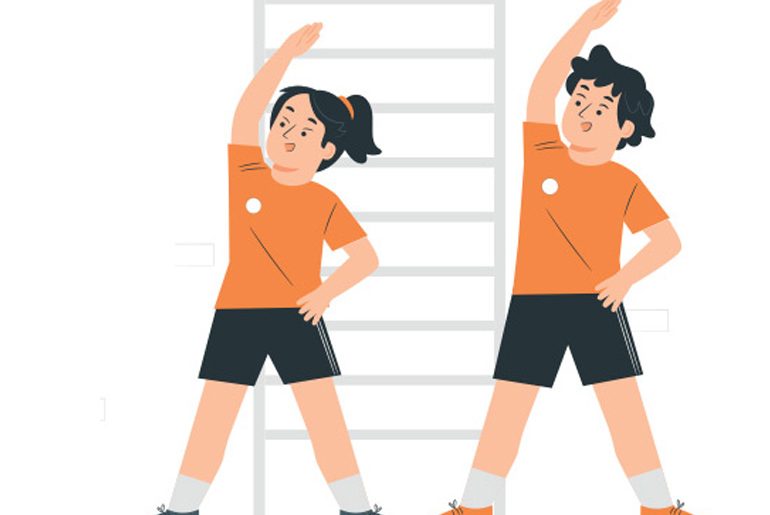A recent study reveals that exercise not only helps children and teenagers stay physically fit but also contributes to cognitive development by boosting intelligence. This research highlights the critical role of exercise during childhood and adolescence in shaping both the body and mind. The study found that incorporating regular physical activity into daily routines led to an average increase of 4 IQ points among participants, underscoring the broader benefits of exercise beyond physical strength.
The study, which involved 3,203 children and teenagers, utilized 14 randomized controlled trials to examine the relationship between exercise and intelligence. Researchers focused on general intelligence, typically measured by IQ, as well as two critical subdomains: fluid intelligence and crystallized intelligence. Fluid intelligence refers to the ability to solve new problems without relying on prior knowledge and includes skills such as problem-solving, adaptability, and reasoning. Crystallized intelligence, on the other hand, represents the accumulation of knowledge, vocabulary, and learned skills over time. While fluid intelligence peaks in early adulthood, crystallized intelligence continues to develop with age, making both areas crucial for overall cognitive growth.
The findings revealed that exercise significantly enhances general intelligence. This positive impact was observed across various groups, including children with normal and low baseline IQ levels. Notably, fluid intelligence showed substantial improvements, suggesting that exercise fosters adaptability and problem-solving abilities—essential skills for tackling novel challenges. Although the influence of exercise on crystallized intelligence was relatively modest, a notable exception was observed in children with obesity, who experienced significant gains in this area. These results highlight the potential of exercise to address disparities in cognitive development.
Overall, this study emphasizes the importance of exercise as a practical and accessible strategy for supporting the cognitive and intellectual growth of children and teenagers. By promoting both physical strength and mental acuity, regular physical activity serves as a holistic tool for nurturing problem-solving abilities, adaptability, and even the acquisition of learned knowledge in specific groups. This research builds on the growing body of evidence linking physical activity to cognitive benefits, offering valuable insights for parents, educators, and policymakers seeking to enhance youth development.
Disclaimer:
The information contained in this article is for educational and informational purposes only and is not intended as a health advice. We would ask you to consult a qualified professional or medical expert to gain additional knowledge before you choose to consume any product or perform any exercise.







